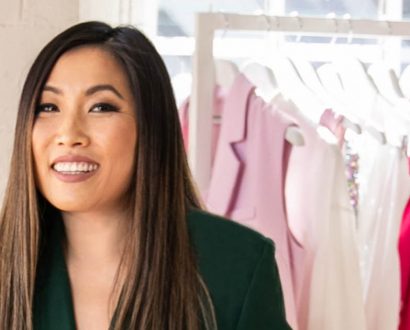We live in a time when people are desperate to be marketable to Millennials, and graduates are fast becoming managers despite a lack of experience or years spent paying their dues.
Controversial book Disrupted: My misadventures in the start-up bubble, articulates in awkward detail the reality behind many start-ups defined by a misguided culture that can very often make valuable players disposable, and empower the wrong players with decision-making powers. In the book, Dan Lyons discusses his time at HubSpot as a 52 year old playing in the tech start-up space and describes it as a place filled with enthusiastic and inexperienced employees working in an environment that exemplifies age discrimination.
In 2015, the Human Rights and Equal Opportunity Commission released a survey finding that more than one quarter of Australians over the age of 50 faced age discrimination.
Some involved in the study admitted they had been told their skills were outdated and that it is not worth training someone over 53 years of age.
At the same time, Australia is seeing more people over the age of 50 in work for the dole schemes than people under-22. The statistics indicate that the problem is not age, but our societal approach to perceiving one’s economic and workplace value based on age.
In 2014, I met a man who was a retired QC, and together we founded a not-for-profit news aggregator in a niche demographic. The man was 67, and today he’s one of my closest friends and confidants who I speak to almost daily. He, like my father, works hard every day and is never short on ideas around how to innovate.
In 2015, I was introduced to an 80-year-old man with a powerful advertising background, who was switched on and passionate, and I have since brought him into my company.
He has 25 year olds sitting under him, who tell me they feel rejuvenated when they run their ideas past him, and the valuable insights he has helps them to shape their own strategies. Not only did I tap into undeniable experience, but I also happened to align with people who saw what I was trying to create was not only remarkable, but achievable.
Some of my best ideas and our team’s best feedback have come from a meeting with him, and I feel bad for all the companies in Australia investing time and resources into their team based on age, rather than ability and enthusiasm. We will often have team meetings that comprise of 20–30 year olds, and my 81-year-old secret sauce.
If you received only audio of our meetings, the participation of ideas and the unpacking of ways to do things of value within our industry, you would have no idea of the age gap.
Both of these men have not only become vehicles for great vision, but have also personally become my greatest teachers, colleagues, and now friends. I have sat with 30 year olds who are applauded in our media as tech gurus, who have not had half the enthusiasm or vision of the team that I have around me! It’s easy to be arrogant when your LinkedIn profile promotes high accolades, but it takes years of successes and consistency to impress me.
Young companies, whether creative or tech start-ups, are foolishly missing out one of the most experienced and valuable demographics when they sidestep a candidate and assemble a team based primarily on age.
Their vision may be for an office that cracks open a beer and plays table tennis, but the reality is a sustainable company comes from a solid foundation that can scale. I may not give him something to code, but his undeniable expertise on why a concept will work or won’t work does not rest solely on technical ability.
When looking for the right people to work alongside me and build my vision, I require the characteristics I lack, and importantly, the experience I cannot possibly solely have. I have come to the conclusion that my own wisdom resulted in understanding the key components for a solid team, which meant aligning with the right people for the right reasons. Age does not even enter the equation.







